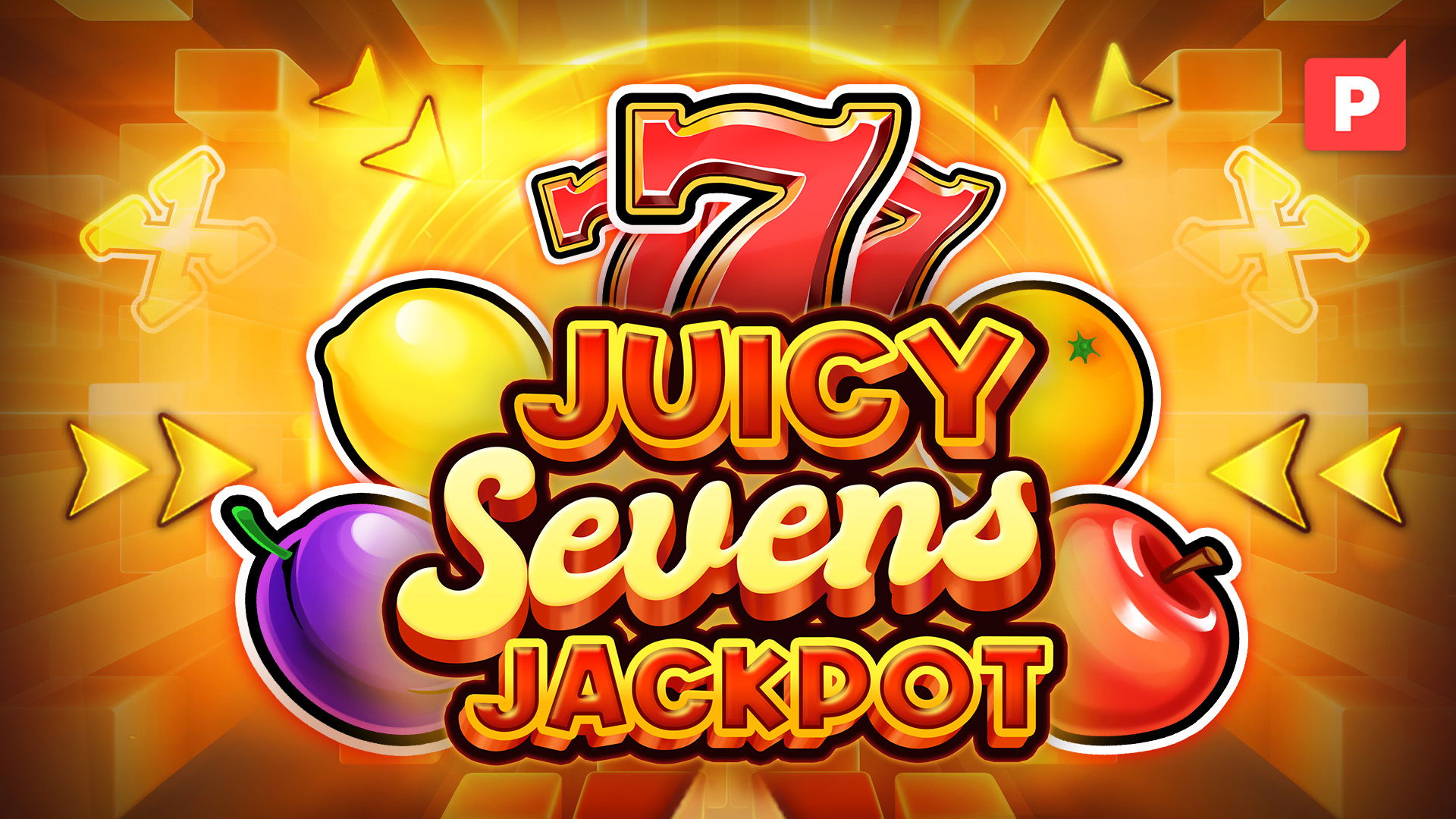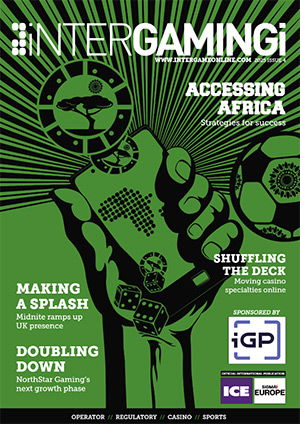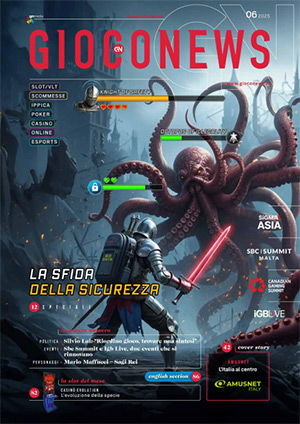Sports betting abuse drops during 2025 march madness, but over 3,000 threats still reported

Online abuse linked to sports betting during this year’s NCAA March Madness tournaments fell significantly compared to 2024, but athletes, coaches, and officials still faced more than 3,000 threatening messages, according to data released Tuesday by the NCAA.
The association partnered with Signify Group to monitor digital abuse directed at players, game officials, coaching staff, and selection committee members throughout the men’s and women’s tournaments. Signify used a combination of artificial intelligence and human analysts to flag threatening content and, where warranted, referred cases to law enforcement.
In total, the NCAA reported a 23% decline in abuse directly tied to sports betting. However, the picture revealed sharp contrasts between the men’s and women’s events.
While abuse related to gambling dropped 36% in the men’s tournament, overall abusive messages rose by 140%, much of it targeting selection committee members and coaches. In contrast, the women’s tournament saw an 83% decrease in total abuse and a 66% drop in betting-related threats.
Signify’s system flagged over 54,000 online posts during the tournament period, with 3,161 of those confirmed as abusive or threatening by human analysts. These messages were reported to social media platforms, and in some instances, law enforcement was notified. The intervention resulted in content takedowns and restrictions on several user accounts.
Mississippi State player Chandler Prater was among those who experienced harassment firsthand. Prater had been defending Southern California’s JuJu Watkins when Watkins sustained a season-ending knee injury, which sparked a wave of online vitriol. “I received all kinds of messages, so many of them hateful and abusive,” Prater said in a statement. “It was unlike anything I’d ever experienced before.”
The 2025 men’s tournament was characterized by its lack of surprises, with all four top seeds reaching the Final Four and Florida ultimately winning the championship. On the women’s side, three No. 1 seeds advanced to the semifinals, and UConn, seeded second, captured the national title.
NCAA President Charlie Baker emphasized that addressing online harassment remains a key priority for the organization. Signify CEO Jonathan Hirshler also welcomed the reduction in gambling-related threats, which he identified as “often the trigger for the most egregious and threatening content.”
















































